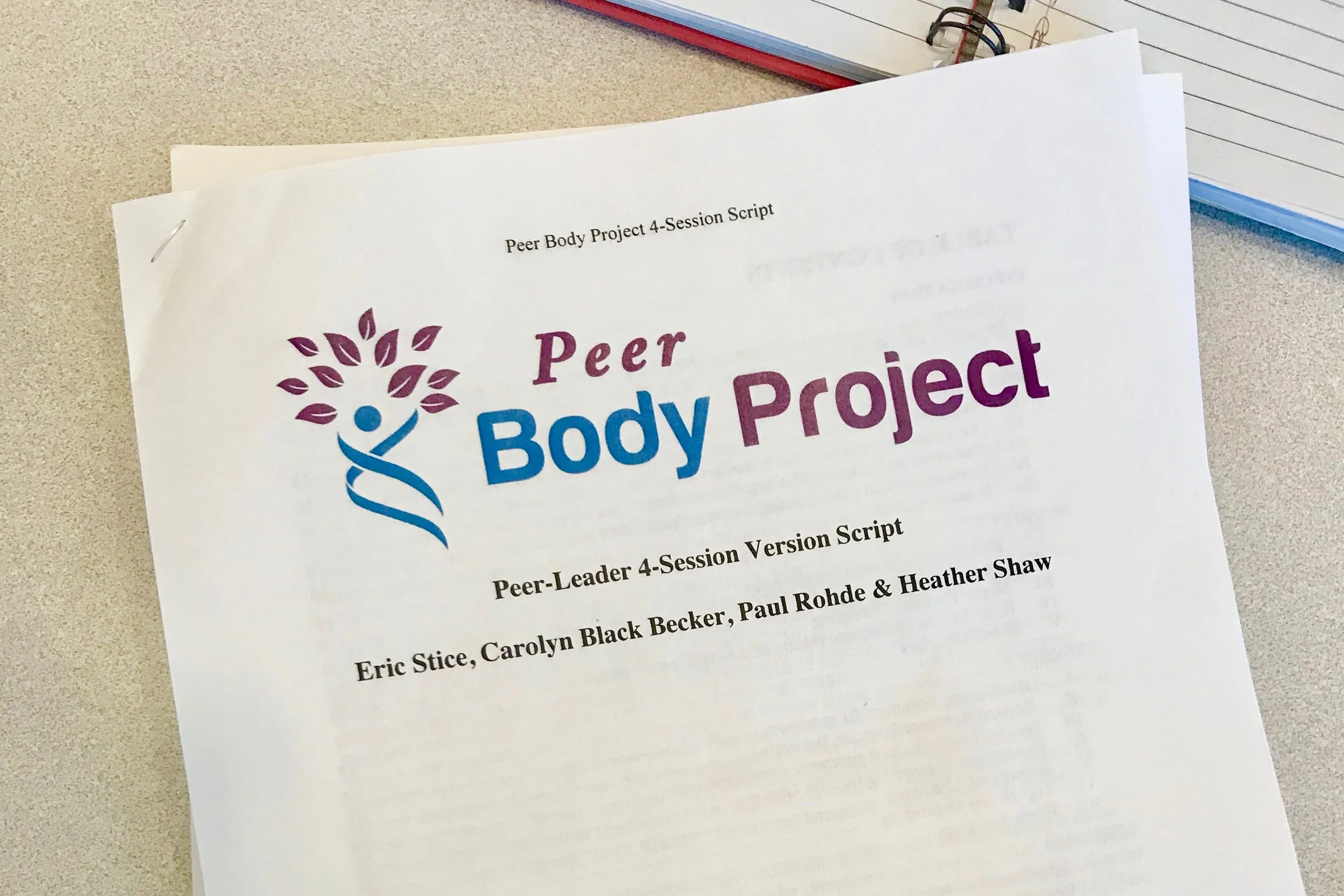As an autism awareness advocate and former Autism Speaks board member, John Robison said in his resignation letter, “Autism Speaks says it’s the advocacy group for people with autism and their families. It’s not, despite having had many chances to become that voice. Autism Speaks is the only major medical or mental health nonprofit whose legitimacy is constantly challenged by a large percentage of the people affected by the condition they target.”
Read MoreWhen I arrived to the Speakable event, I thought I knew what to expect. Speakable is an event created by the Services for Students with Disabilities where students, faculty, and staff at the University of Michigan with disabilities get an opportunity to share their personal experiences with their diagnoses. I was amazed that there were sign language interpreters and a large screen where someone was transcribing what the speakers were saying. Each speaker shared their struggles and how they tackle them in day-to-day life.
Read MoreCAPS, (counseling and psychological services) is yet another acronym amidst an alphabet soup used in the everyday vernacular of the Michigan student. Many first heard of this acronym either during a campus tour or their freshmen orientation. However, most students likely filed away the cliff notes version of services CAPS provides under a list of resources that students have, but believe they will probably never use during their time at Michigan.
Read MoreThe peer based-model has been implemented at universities across the United States and the world, and now has come to the University of Michigan. Over the course of two days, six students and seven psychologists from the Counseling and Psychological Services (CAPS) came together to work with a certified Body Project trainer to learn how to implement and facilitate groups.
Read MoreQPR (Question, Persuade, Refer) is led by CAPS Staff and works to increase awareness, teach how to have important conversations regarding suicide, and practice the skills needed to navigate warning signs of suicide.
Read MoreAs is all too common with media, the controversy surrounding 13 Reasons Why had all but faded to the background of the internet as the show’s popularity declined. Then, last week, the show returned to headlines following the publication of a University of Michigan study on the impact of the show on at-risk youth.
Read MoreWhen most people think of veterans and mental health, they think of Post Traumatic Stress Disorder (PTSD). The movie takes a unique approach to the trauma veterans face once leaving combat, specifically one not often reflected in the mainstream media: moral injury.
Read MoreInstagram can often be a black hole of self-doubt. To avoid it, you can branch out and follow some accounts that will “fix your feed.” Here are 10 accounts that are a mix of activists, artists, grandmas, and flower arrangers.
Read MoreSkepticism is typically the first response to learning about ASMR. Some people find it unsettling or even creepy to watch these videos, whereas others feel relaxed and cared for. There’s a mix of responses that, to a great extent, depends on whether you get the chills from normal stimuli.
Read More“On campus you start to see people being more open to sharing their struggles after witnessing celebrities sharing more of their personal stories,” Shelby tells us. “It merges the worlds of fame with our normal world even further.” At least that’s the goal of “Who Can Relate?”
Read MorePeople from all backgrounds and levels of experience with suicide and suicide loss are welcome to all of the events and to the Out of the Darkness walk. Registering is free, and participating in the walk is a great way to engage friends, family, and coworkers in this important conversation.
Read MoreHead Talks, occurring Monday, October 9th at 7pm, is a one and a half hour Ted Talk-inspired event organized and created by Ross student Sarah Wood, bringing in influential leaders and joy soldiers that have done rewarding work in the field of mindfulness, mental health, and positive psychology.
Read MoreLooking around today, it’s nearly impossible to avoid images of seemingly perfect people everywhere. These ideals are usually representative of only a small portion of the population, but the media’s portrayal causes people to believe that everyone fits that image.
Read MoreThis week in mental health history, Monday, January 30, was the annual Chronic Traumatic Encephalopathy Awareness Day.
Read MoreWhat sounds better than seeing Jim and Sarah Harbaugh judge the University of Michigan’s athletes, athletic trainers, and marching band as they all perform variety acts for an amazing cause? The answer is nothing.
Read MoreBack in the 1960s, the US began the "War on Drugs." This served to criminalize drug addiction and increased the number of incarcerated Americans which disproportionately affected African Americans and Latinos/Hispanic.
Read MoreNow more than ever, as we move towards four years with Trump leading our country, it is important to understand his platform, especially as it relates to mental health.
Read MoreWhat do you think about when meeting with your doctor? The basic small talk, checking your eyes and ears, or talking about your cholesterol?
Read MoreI stumbled on a video of CNN host Anderson Cooper wearing a schizophrenia simulator. Watching the video brought tears to my eyes and filled my heart with empathy, grace and mercy.
Read MoreI’ve been a fan since your Degrassi days and when you broke into the rap world I was amazed at your ability to create hit songs while sticking true to yourself and expressing raw emotion so eloquently.
Read More



















